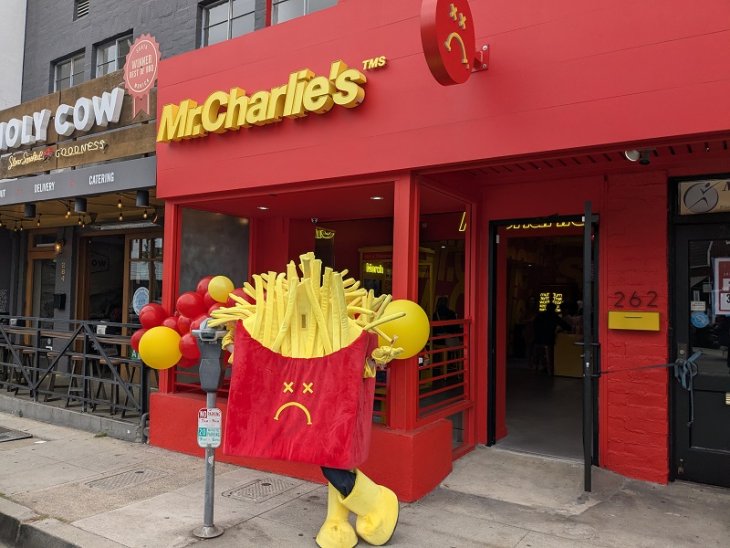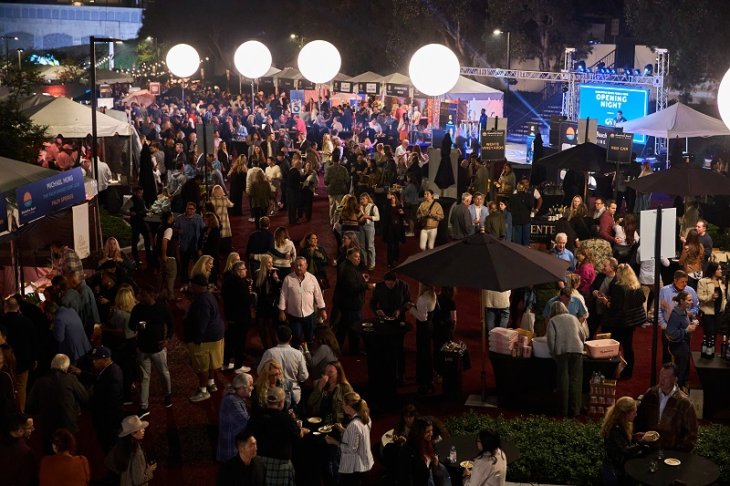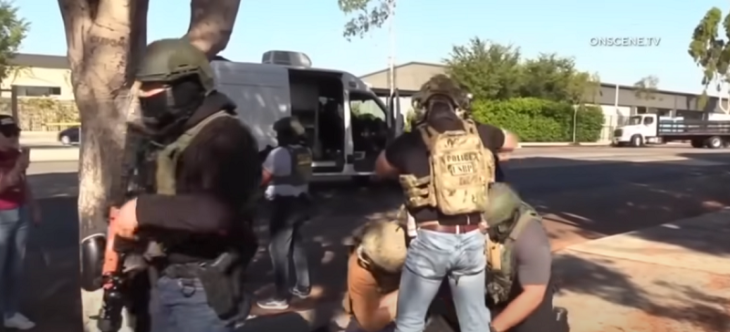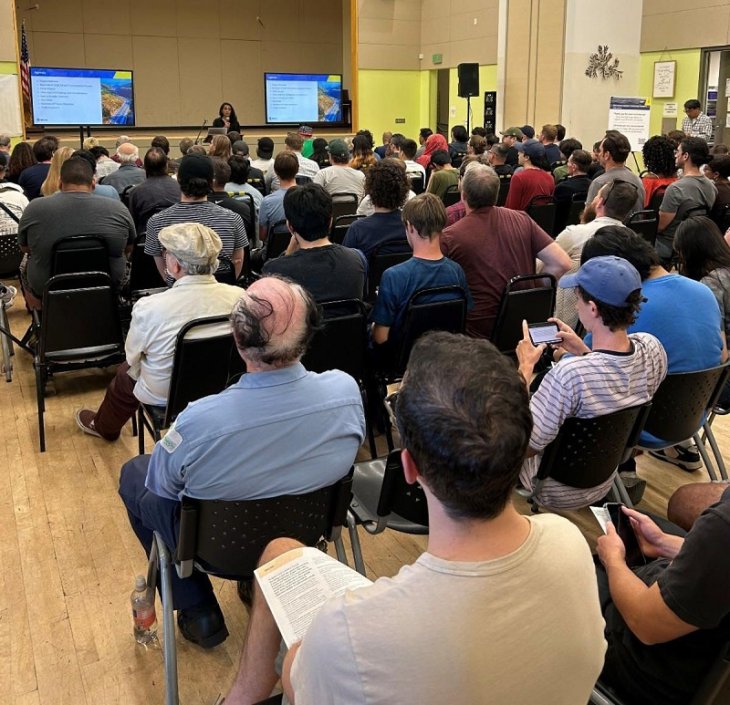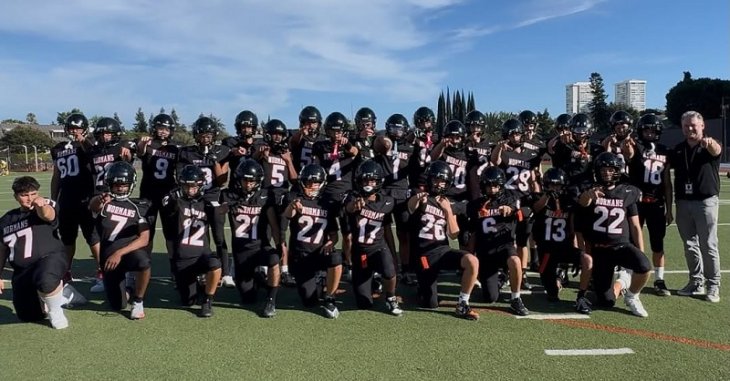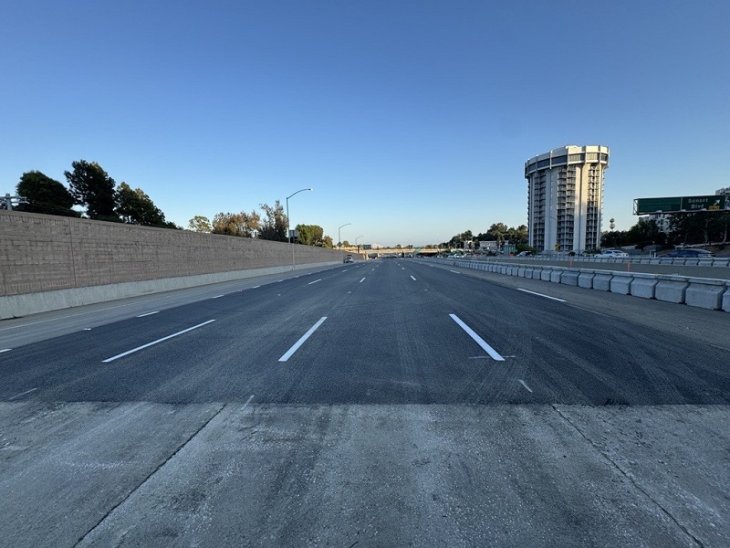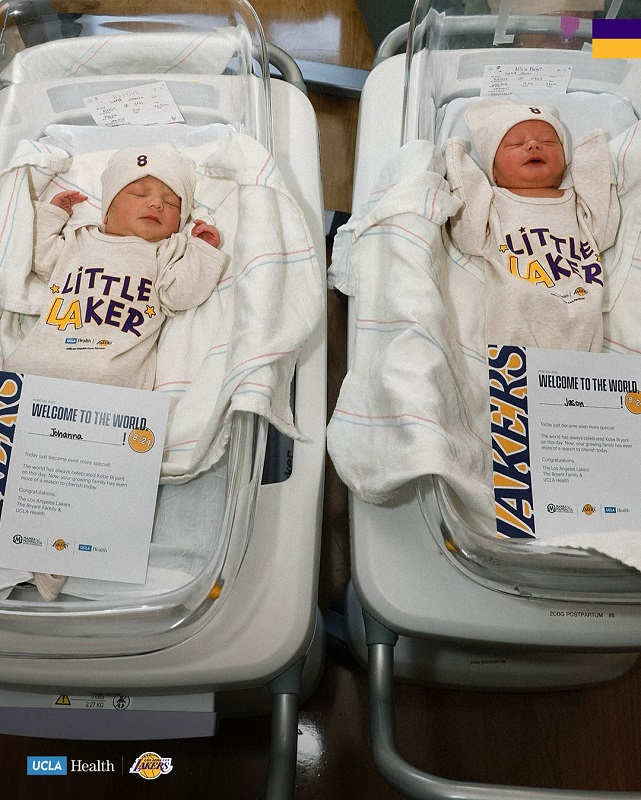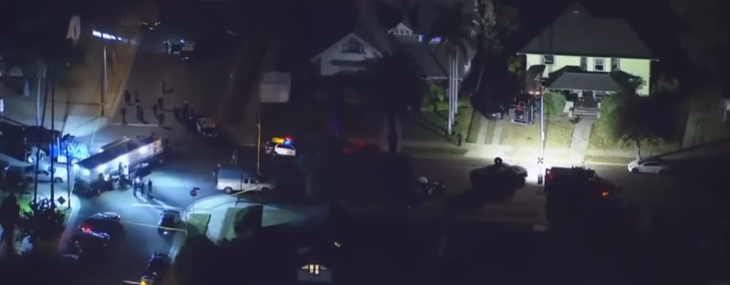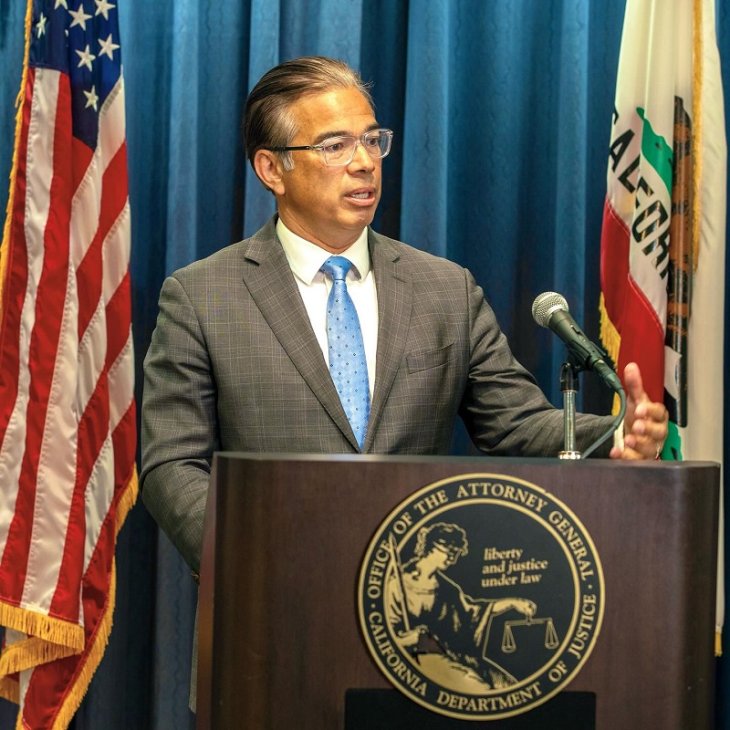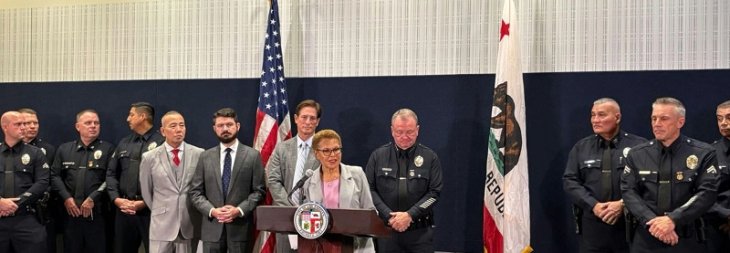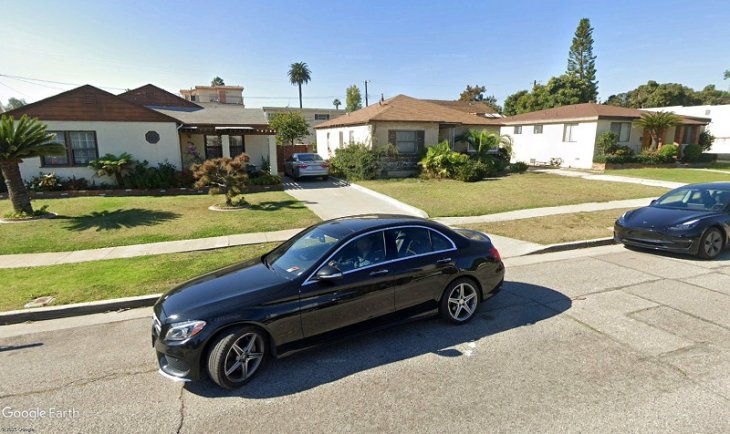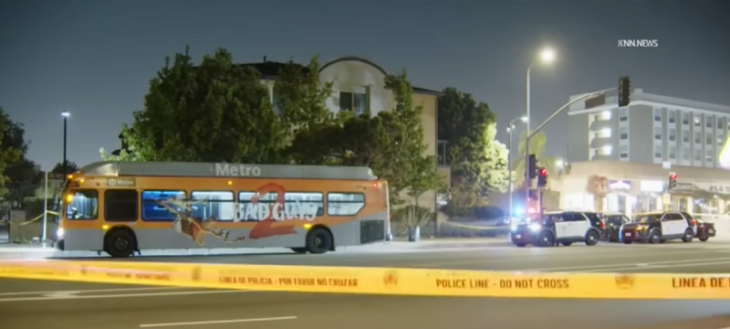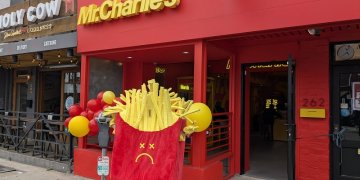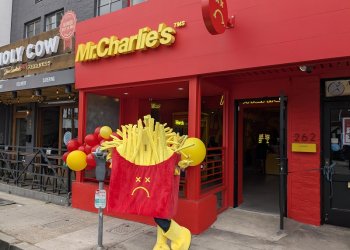
Both spans of the old Santa Fe railroad bridge collapsed into “V” shaped wreckage above Century Boulevard yesterday, and the big
demolition project was proceeding proceeding slightly ahead of schedule, a Metro spokesman said.
Huge hydraulic picks — familiar to Angelenos from Carmageddon, the 1994 freeway collapses, and other big demolition projects — had pecked into both spans of the bridge overnight. The broken bridges fell onto temporary dirt mounds during the 8-9 a.m. hour.
Century Boulevard, the primary route between Los Angeles and its airport, was closed to traffic a little late Friday night, but was on schedule to reopen by Monday morning drive time, said Metro spokesman Jose Ubaldo.
“It (the process) began a little after 2 a.m. It (the bridge) collapsed about 9 a.m.,” he said.
“There’s still a lot more work to do,” Ubaldo said. “They have to chip it away, part by part.
“We’re confident that we’re going to be open by 6 a.m. Monday,” he told City News Service.
Traffic in the LAX area was mostly flowing smoothly today, according to Internet traffic pages. Slowed traffic was seen on both northbound Sepulveda Boulevard and the San Diego (405) Freeway approaching the airport area, but that is not uncommon.
Metro planned the 57-hour closure of Century Boulevard to bring down the old railroad freight bridge, which went out of service when Santa Fe shifted its freight train route between L.A. and the port to the Alameda Corridor in 2002.
The new Crenshaw Line light rail passenger service along Aviation Boulevard will stop at a new aerial platform above Century Boulevard, once operations start in about 2019.
That train will run from the Green Line, in nearby El Segundo, past LAX. Those trains will terminate at the Expo Line in Mid-City, and there are talks about possibly extending it further north to West Hollywood should a funding source be found.
The Crenshaw Line follows the old Santa Fe tracks from El Segundo to just north of Inglewood, where they will use Crenshaw Boulevard on its 8.5-mile path, which includes tunnels beneath the Leimert Park area. The entire project will cost just over $2 billion.

